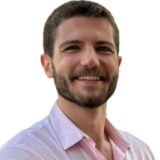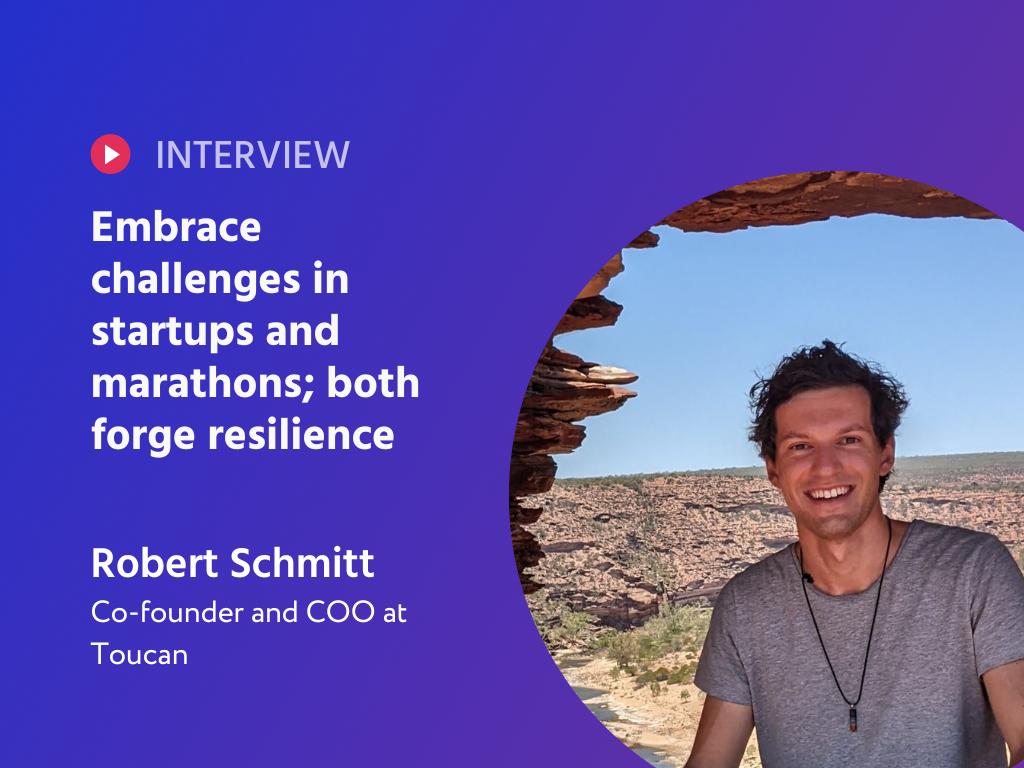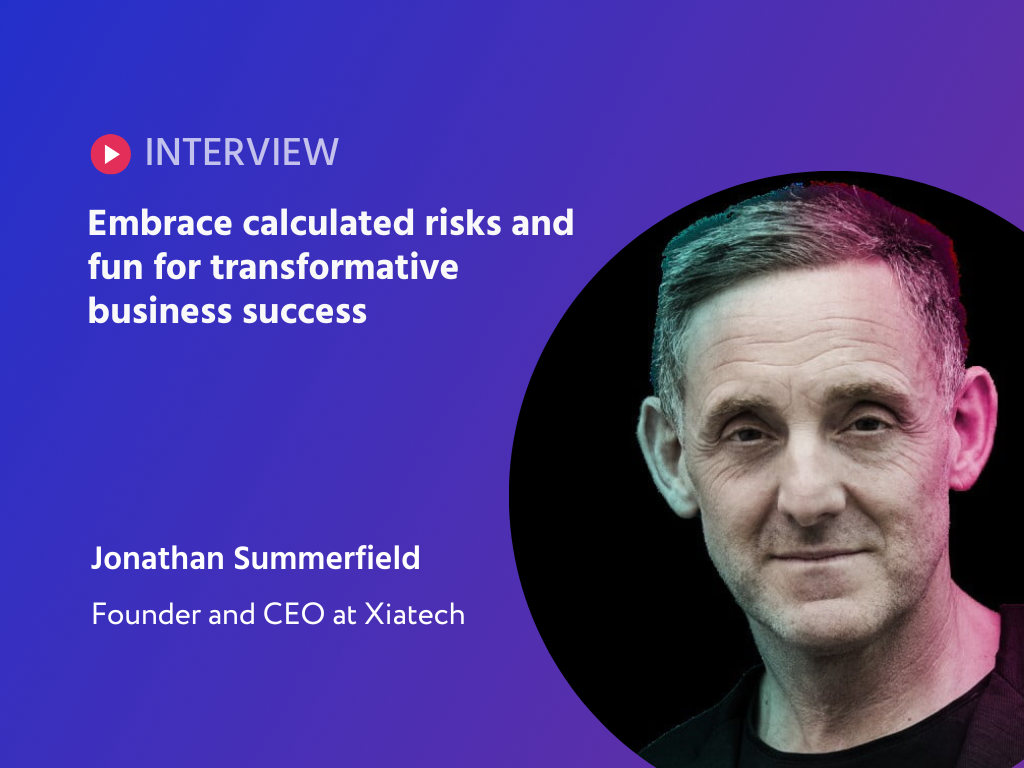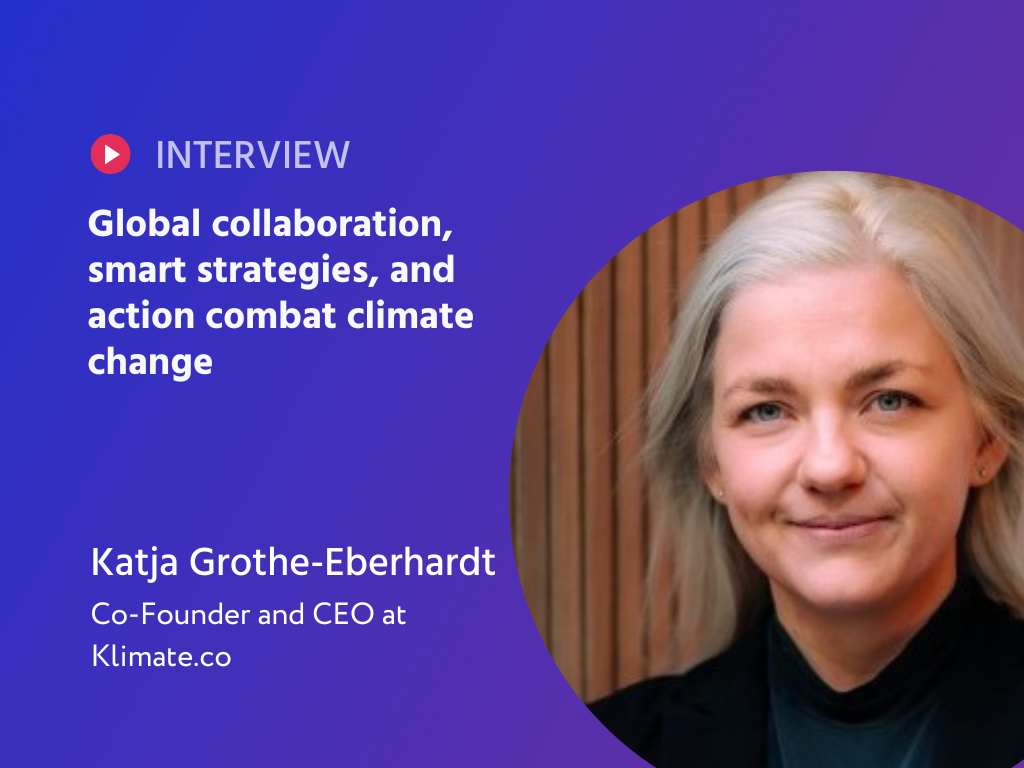In this edition of Bright Founders Talk, we’re excited to feature Antoine Carossio, the Co-Founder and CTO of Escape, a cutting-edge cybersecurity company. Antoine’s journey into tech began at the age of seven, when his curiosity led him to explore—and eventually hack—his high school’s computer system. With a background in AI research at Apple and cybersecurity for the French government, he brings a rare blend of deep technical expertise and entrepreneurial spirit.
Founded five years ago with his co-founder Tristan, Escape has grown into a 25-person team dedicated to building robust security testing tools powered by state-of-the-art artificial intelligence. The mission? Help companies discover their vulnerabilities before malicious hackers do.
In our conversation, Antoine shares his evolution from a curious kid fascinated by computers to a leader determined to make the digital world safer. His story is a testament to how early passion, a touch of rebellion, and relentless curiosity can fuel groundbreaking innovation.
From Teen Hacker to Cybersecurity Guardian: Antoine’s Unlikely Journey to Escape
Most kids play video games at seven. Antoine was already exploring his uncle’s Mac and learning how to break things—digitally, of course. His early fascination with computers wasn’t exactly innocent. By the age of 14, he’d hacked into his school’s system and accessed every student's grades. “It was fun… until I got into serious trouble,” he laughs. That moment, oddly enough, sparked a brief vow to never touch computer science again. But it didn’t last long. His passion for tech, fueled by Apple products and Steve Jobs' vision, was only getting started.
Fast forward a few years, Antoine found himself at Apple—not as a fanboy, but as a machine learning researcher. It was a dream for many, but for him, it marked a turning point. “I was happy, but I wanted more than just contributing to someone else's mission,” he explains. He craved building something of his own. That clarity struck during his internship, leading him to double down on computer science and pursue his own venture. Fate played its part when he crossed paths with his future co-founder at Berkeley, and just like that, Escape was born.
I was happy, but I wanted more than just contributing to someone else's mission
Today, Escape is no ordinary tech startup. With a team of 25, they’re crafting AI-powered tools that help companies hack themselves—before someone else does. Antoine's shift from breaking systems to strengthening them isn't just poetic; it’s the whole ethos of Escape. “I wanted to go to the right side of the force,” he says simply. It’s not just a Star Wars reference—it’s the story of a rebel coder turned defender.
“We Hacked the System—Again”: How Two French Students Took on Legacy Cybersecurity
Antoine didn’t just get into cybersecurity—he practically hacked his way into it, twice. The first time, as a teen cracking his high school’s grading system for fun. The second? A little more strategic. “We were just presenting ourselves as students conducting research,” he says with a grin, recalling how he and co-founder Tristan navigated the early days of Escape. Still in school, they noticed the glaring gap in the cybersecurity market—outdated tools everywhere, clunky legacy systems still ruling the game. Meanwhile, modern frameworks and application stacks were evolving fast. The two knew they could build something smarter, faster, and far more effective. It was early 2020, and Escape was officially born.
We were just presenting ourselves as students conducting research
Of course, breaking into the industry as a couple of unknown French students wasn’t exactly a walk in the park. Without the backing of elite military units or flashy credentials, Antoine admits it was tough to gain trust. Then COVID hit, making everything harder. “You have no credibility, no street cred at all,” he says. But resilience paid off. In 2023, as the world reopened, Escape landed a spot in Y Combinator—one of the most powerful doors to the Silicon Valley scene. That was their turning point. Networking stopped being a struggle and started becoming a superpower, with conferences, in-person meetings, and talks that helped build real-world legitimacy.
But with growth came new hurdles. One of the startup mantras at Y Combinator was “build things that don’t scale”, and Antoine was all in. He was a natural at hacking together scrappy but brilliant MVPs—solving problems others claimed were impossible. “I’m really good at building things that don’t scale,” he laughs. That agility paid off in Escape’s early days, helping them test fast and pivot faster. But as bigger enterprise clients came in, that approach began to show cracks. Scaling became not just a challenge, but a mission in itself. And just like before, Antoine and his team are tackling it head-on—this time, with more experience and a much larger audience watching.
Algorithms, AI, and the Art of Building (and Breaking) at Scale
Ask Antoine about scalability, and you won’t hear much about cloud infrastructure or Kubernetes first. Instead, he lights up talking about algorithms—his true tech obsession. For Escape, that meant starting with raw, unfiltered code and refining it into something smarter, faster, and more elegant. “We scaled first through algorithmics,” Antoine explains. “Sometimes you’re just running two loops where a tree search would do the trick.” It’s not about throwing more hardware at a problem—it’s about using your brain, optimizing the guts of what you build. And when he realized he hit his limit on the infrastructure side? He simply brought in a seasoned pro from Datadog. That blend—deep tech passion with a dose of humility—feels very Escape.
But Antoine’s fire doesn’t stop at clever code. Security is woven into every part of the company’s DNA. Not just because it’s their product, but because, well, it has to be. In an environment where startups often put security on the back burner, Escape plays by different rules. “We use our own tools to secure our code as we build it,” he says. From VS Code alerts to cloud-level firewalls, every layer gets attention. And that inside-out approach means when they help clients—especially big enterprises—they’re not just selling software. They’re sharing a culture.
We use our own tools to secure our code as we build it
Then there’s the AI frontier, which, for Antoine, is less buzzword, more breakthrough. When generative AI took off, Escape leaned in hard. Suddenly, vulnerabilities once thought impossible to detect were popping up—spotted by clever AI agents Escape had trained themselves. “It opened a world of possibilities,” Antoine says. But like everything in tech, there’s nuance. You can’t just throw a big LLM at a problem and hope for magic. Instead, Escape slices big tasks into small pieces, carefully injecting context, memory, and logic into every step. It’s not just smart AI—it’s engineered intelligence, and it’s reshaping how security gets done.
“No Magic, Just Smart Architecture”: Antoine on AI, Conflict, and Building What Lasts
Antoine is quick to admit it—AI at Escape wasn’t love at first prompt. When they first started integrating large language models in early 2023, they expected a miracle. “We just said, ‘Find all the problems and solve them all at once,’” he laughs. Spoiler: it didn’t work. But as models improved and their own understanding of software architecture deepened, they cracked the code—literally. By breaking down big problems into smaller, more manageable tasks and giving each AI agent a focused role, they began achieving results that wildly exceeded expectations. “It’s not magic,” he says. “You just need to split the problem smartly.”
Behind the tech wizardry, though, is a grounded and thoughtful leader. Antoine’s path to management came without a corporate roadmap—just instincts and mistakes learned fast. He learned that conflict among engineers is often a matter of misdiagnosed problems, not clashing egos. At Escape, they have a term for it: “hot takes.” Heated debates often mask non-issues, and Antoine’s go-to resolution method is beautifully simple—just keep asking why. “If you push through with facts and reasoning, smart people usually land on the same conclusion,” he explains. And that’s what keeps Escape’s culture rational, collaborative, and drama-free.
If you push through with facts and reasoning, smart people usually land on the same conclusion
As the conversation winds down, Antoine’s final advice to budding CTOs is refreshingly honest. Forget the glamor—focus on grit. “You’ll probably do nothing for the first three or four years—and that’s normal,” he says. The key? Stay resilient and stay close to your users. Build quick, test faster, and don’t pretend your product is perfect. Embrace feedback, even when it stings. For Antoine, building a startup isn’t about overnight wins. It’s about weathering the long game, learning from the ground up, and solving real problems—one well-structured loop at a time.




